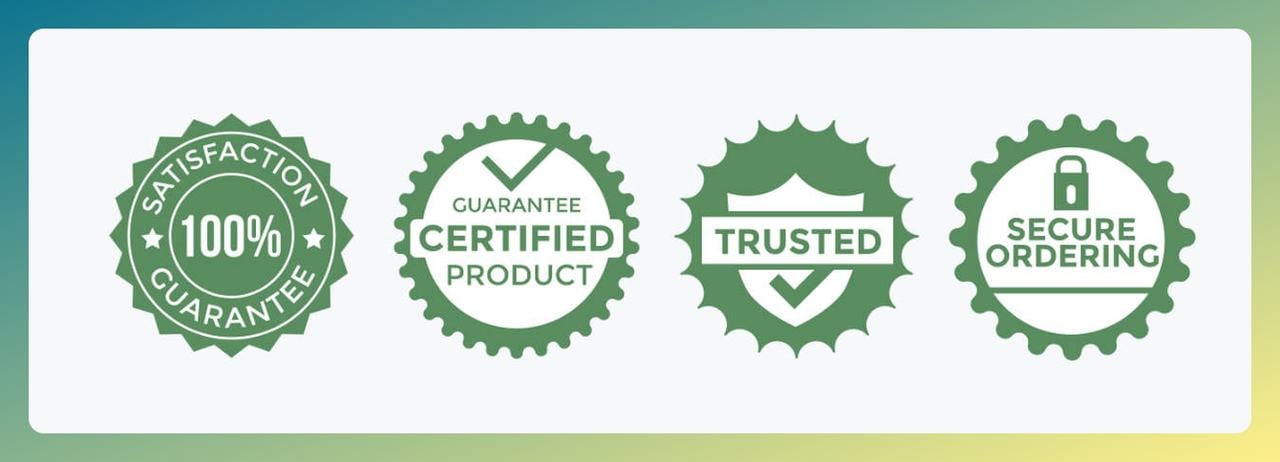Licensing and Compliance: Ensuring Fair Play in iGaming
iGaming, also known as online gambling, has become increasingly popular in recent years. As the industry grows, so too does the need for regulations to ensure fair play and protect players. Licensing and compliance are essential components of the iGaming ecosystem, as they provide a framework for operators to adhere to and give players confidence that their rights are being protected.
Licensing
Obtaining an iGaming license is a critical step for operators. It demonstrates that they have met the regulatory requirements in the jurisdiction where they wish to operate. Licensing authorities typically conduct thorough background checks on applicants, ensuring that they are financially stable, have a solid management team, and are committed to responsible gambling practices. Licenses are often granted for a specific period and are subject to ongoing monitoring by the regulator.
Compliance
Once licensed, iGaming operators must comply with all applicable laws and regulations. These include:
- Know-Your-Customer (KYC) requirements: Operators are required to collect personal information from players, such as their name, address, and date of birth, to prevent underage gambling and ensure that players are legally eligible to participate.
- Responsible gambling measures: Operators must implement measures to promote responsible gambling and protect players from potential harm, such as setting deposit limits, providing self-exclusion options, and offering resources for problem gamblers.
- Game fairness and integrity: Games must be provably fair and free from manipulation. Operators must also have processes in place to detect and prevent cheating.
- Anti-money laundering and fraud prevention: Operators must implement measures to prevent money laundering and fraud on their platforms, including identity verification and transaction monitoring.
Benefits of Licensing and Compliance
- Consumer protection: Licensing and compliance protect players from rogue operators and ensure that their interests are safeguarded.
- Industry integrity: Licensing and compliance promote fair competition and protect the reputation of the iGaming industry as a whole.
- Government revenue: Licensing fees and taxes generated from iGaming contribute to government revenues.
- Economic growth: The iGaming industry creates jobs and stimulates economic activity.
Conclusion
Licensing and compliance are essential for ensuring fair play and maintaining the integrity of the iGaming industry. By adhering to regulatory requirements, operators demonstrate their commitment to providing a safe and responsible gambling environment for players. This, in turn, protects players, promotes industry growth, and contributes to the overall integrity of iGaming.## Licensing and Compliance: Ensuring Fair Play in iGaming
Executive Summary
The expanding iGaming industry presents a multifaceted landscape of legal, regulatory, and ethical considerations. Ensuring fair play, consumer protection, and adherence to responsible gaming practices is paramount for the long-term success and sustainability of the industry. This comprehensive guide provides an in-depth analysis of licensing and compliance frameworks in iGaming, highlighting key subtopics to navigate the complex regulatory landscape successfully.
Introduction
The iGaming industry, encompassing online casinos, sports betting, and virtual gaming, has witnessed explosive growth in recent years. With this expansion comes an imperative to establish robust licensing and compliance measures to ensure fair play, protect players, and maintain the integrity of the industry.
Licensing Requirements
A central component of iGaming compliance is obtaining a valid license from a recognized regulatory authority. Licenses typically specify strict operating conditions, including:
- Age and Identity Verification: Gaming platforms must implement robust systems to verify player age and identity to prevent underage gambling and identity theft.
- Game Fairness and Integrity: Regulators mandate the use of certified random number generators (RNGs) and other mechanisms to ensure that games are fair and results are impartial.
- Financial Stability: Licensees must demonstrate financial stability and implement responsible banking practices to protect player funds.
- Responsible Gaming: Platforms must implement self-exclusion programs and provide information and support resources to promote responsible gaming habits.
- Data Protection: Licensing authorities require licensees to comply with strict data protection laws to safeguard player information and prevent unauthorized access.
Regulatory Oversight
Regulatory oversight plays a crucial role in enforcing licensing requirements and ensuring compliance. Key features include:
- Auditing and Reporting: Regulators conduct regular audits to verify compliance with licensing conditions and investigate potential breaches.
- Enforcement Actions: Non-compliant operators face penalties ranging from fines to license revocation, depending on the severity of the violation.
- Technical Standards: Regulators establish technical standards for game software, payment systems, and other aspects of iGaming operations to ensure fairness and prevent fraud.
- Consumer Protection: Regulators provide mechanisms for players to file complaints, receive support, and seek redress in case of disputes or unfair practices.
- International Cooperation: Regulatory authorities worldwide cooperate to share information and coordinate compliance efforts, combatting cross-border illegal activities.
Responsible Gaming Measures
Responsible gaming practices are essential to promote player well-being and prevent gambling-related harm. Key measures include:
- Self-Exclusion Programs: Players can request to be banned from participating on a gaming platform for a specified period.
- Deposit Limits: Operators allow players to set limits on their deposits to control spending and prevent excessive gambling.
- Awareness and Education: Platforms provide educational materials and support resources to educate players about responsible gaming practices.
- Support Services: Licensees establish partnerships with support organizations to offer counseling, therapy, and other resources for players with gambling problems.
- Identification and Intervention: Gaming platforms implement systems to identify and assist players who exhibit signs of problem gambling.
Anti-Money Laundering (AML) and Anti-Fraud Measures
To combat money laundering and fraud, iGaming operators must implement robust AML and anti-fraud programs. Key measures include:
- Know Your Customer (KYC): Verification procedures to identify and verify the identity of players and their funding sources.
- Transaction Monitoring: Monitoring systems to detect suspicious betting patterns and large transactions.
- Risk Assessment: Operators assess players based on risk factors to identify potential threats and apply appropriate measures.
- Compliance Training: Staff training programs to educate employees on AML and anti-fraud regulations.
- Collaboration with Law Enforcement: Close coordination with law enforcement agencies to investigate and prosecute illegal activities.
Conclusion
Licensing and compliance are fundamental pillars for ensuring fair play, protecting players, and establishing a sustainable iGaming industry. Adherence to licensing requirements, regulatory oversight, responsible gaming measures, and anti-money laundering and anti-fraud programs is essential for operators to navigate the complex legal and ethical landscape. By embracing these best practices, the iGaming industry can foster a responsible, transparent, and reputable environment.
Keyword Phrase Tags
- iGaming Licensing
- Regulatory Compliance
- Fair Play
- Player Protection
- Responsible Gaming





















































































































































 Global Online Gambling & iGaming is a full service cash Online Gambling & iGaming marketing consultancy with casino partners situated around the world.
Global Online Gambling & iGaming is a full service cash Online Gambling & iGaming marketing consultancy with casino partners situated around the world.